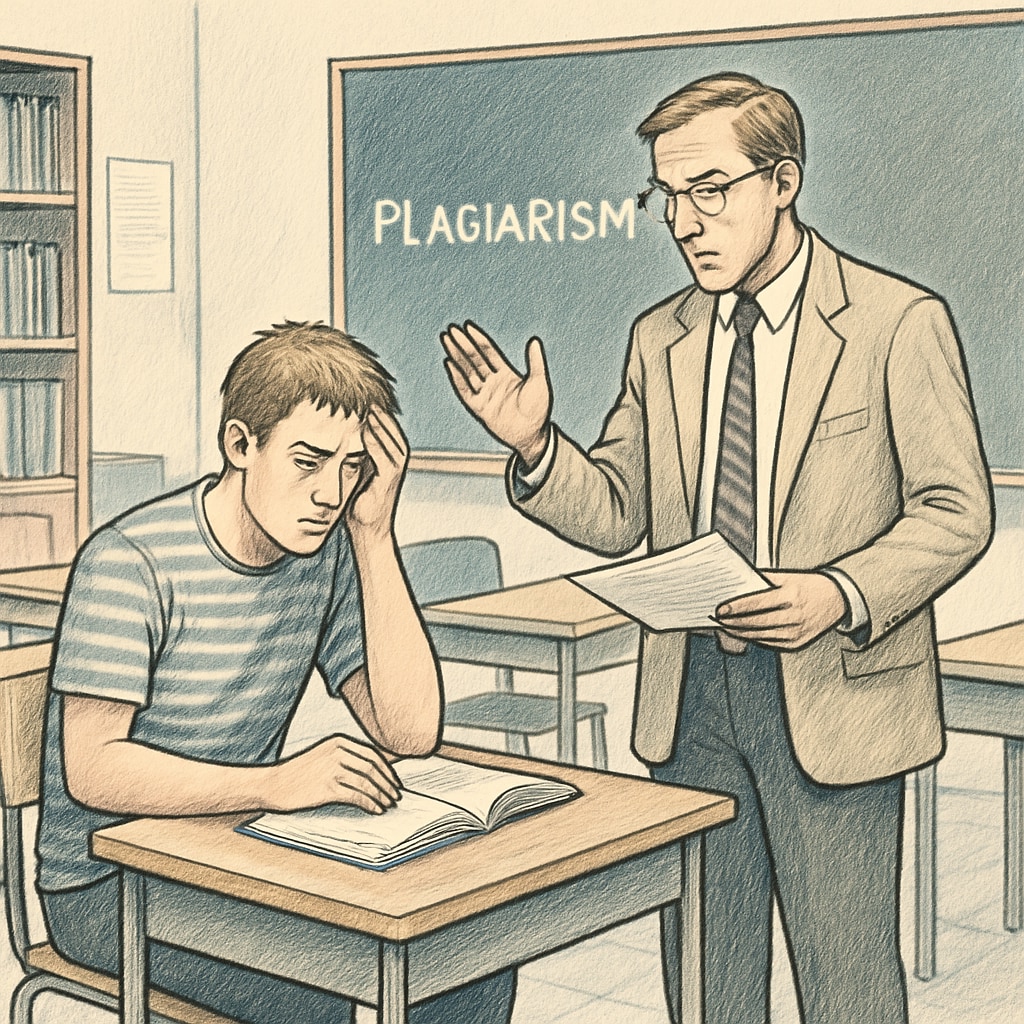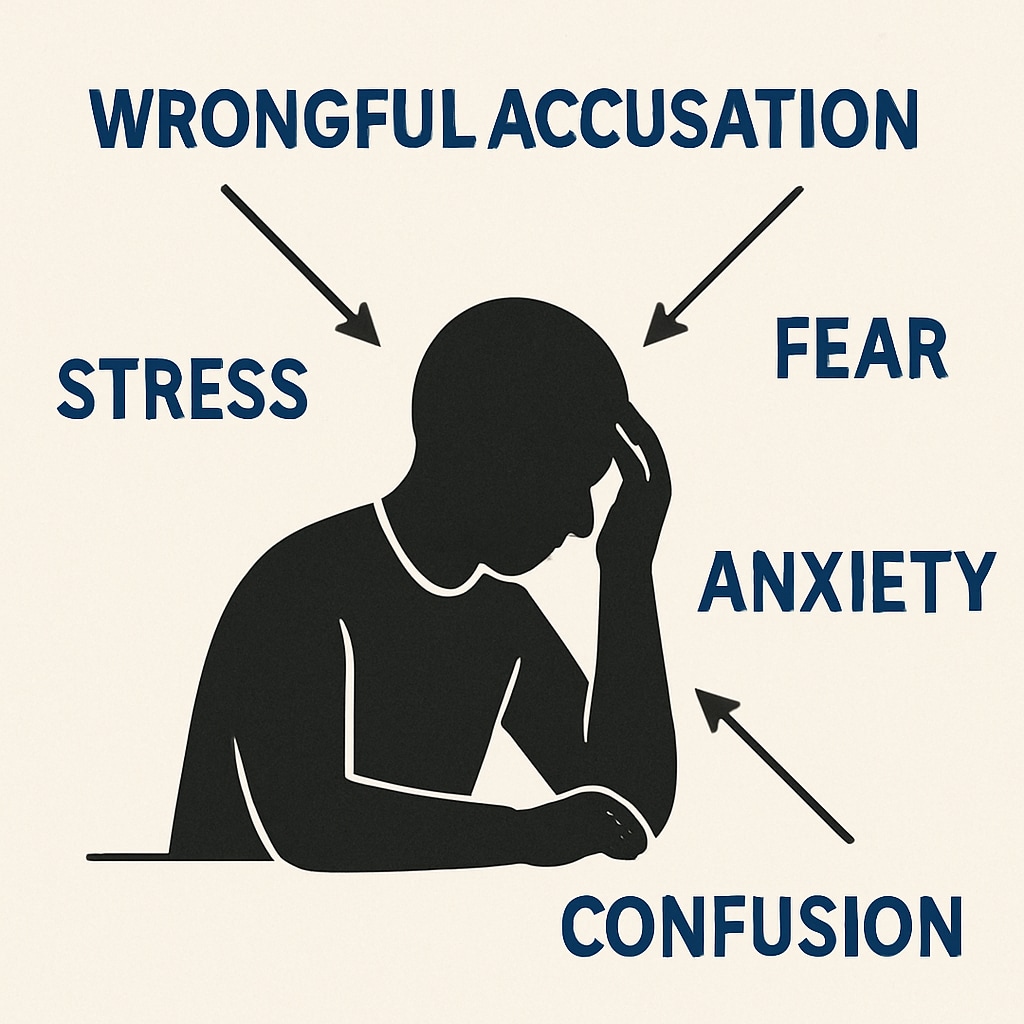Accusations of plagiarism, especially when made by professors, can have long-lasting consequences for students. While academic integrity is vital, wrongful accusations can not only harm a student’s reputation but also their mental health and educational experience. This article explores the phenomenon of unjust plagiarism accusations, delves into its causes, and highlights the need for fair and transparent academic integrity policies.

Understanding the Issue of Wrongful Plagiarism Accusations
Plagiarism accusations arise when academic material is suspected of being copied or improperly sourced. Professors, as gatekeepers of academic standards, have the responsibility to ensure originality in student work. However, mistakes can occur, and the consequences for students can be severe. Wrongful accusations often stem from misinterpretations of citation styles, reliance on automated plagiarism detection tools, or biases in assessing student work.
For example, automated plagiarism detection software, while useful, sometimes flags legitimate citations or coincidental phrasing as plagiarism. Professors relying solely on these systems may fail to consider the context or intent behind the text. Additionally, unconscious biases, such as assuming a student’s work is “too advanced” for their level, can lead to unfair conclusions.
The Impact on Students
Being falsely accused of plagiarism can be devastating for students. The stigma of such accusations can tarnish their reputation among peers and educators, leading to feelings of humiliation and rejection. Furthermore, these accusations often carry academic penalties, such as failing grades or suspension, which can affect future opportunities. On a psychological level, wrongful accusations can lead to anxiety, depression, and decreased self-esteem.
According to research conducted by Britannica, plagiarism accusations, whether accurate or not, can discourage students from engaging in creative thinking and risk-taking in their academic work. This is particularly problematic in formative K-12 education settings, where students are still developing their skills and confidence.

How to Prevent Wrongful Accusations
To avoid unjust plagiarism accusations, educators need to adopt fairer and more transparent practices. Here are some strategies:
- Educate students: Ensure that students understand proper citation methods and the importance of academic integrity.
- Verify accusations: Professors should conduct thorough reviews before making accusations, examining context and intent rather than relying solely on automated tools.
- Establish clear guidelines: Schools should implement clear and consistent policies for addressing plagiarism, including steps for resolving disputes.
- Encourage dialogue: Faculty should foster open communication with students to discuss their work and clarify any misunderstandings.
- Improve training: Teachers and professors should receive training on recognizing plagiarism and avoiding biases.
Conclusion: The Need for Fairness and Transparency
Wrongful accusations of plagiarism by professors can have far-reaching consequences for students’ academic and emotional well-being. While academic integrity is crucial, it is equally important to ensure that accusations are accurate and fair. By adopting transparent policies, using reliable tools, and fostering open communication, schools can protect students while upholding high standards of academic honesty. Ultimately, education should empower students, not unjustly penalize them.
For more insights into plagiarism and academic integrity, visit Plagiarism on Wikipedia.


